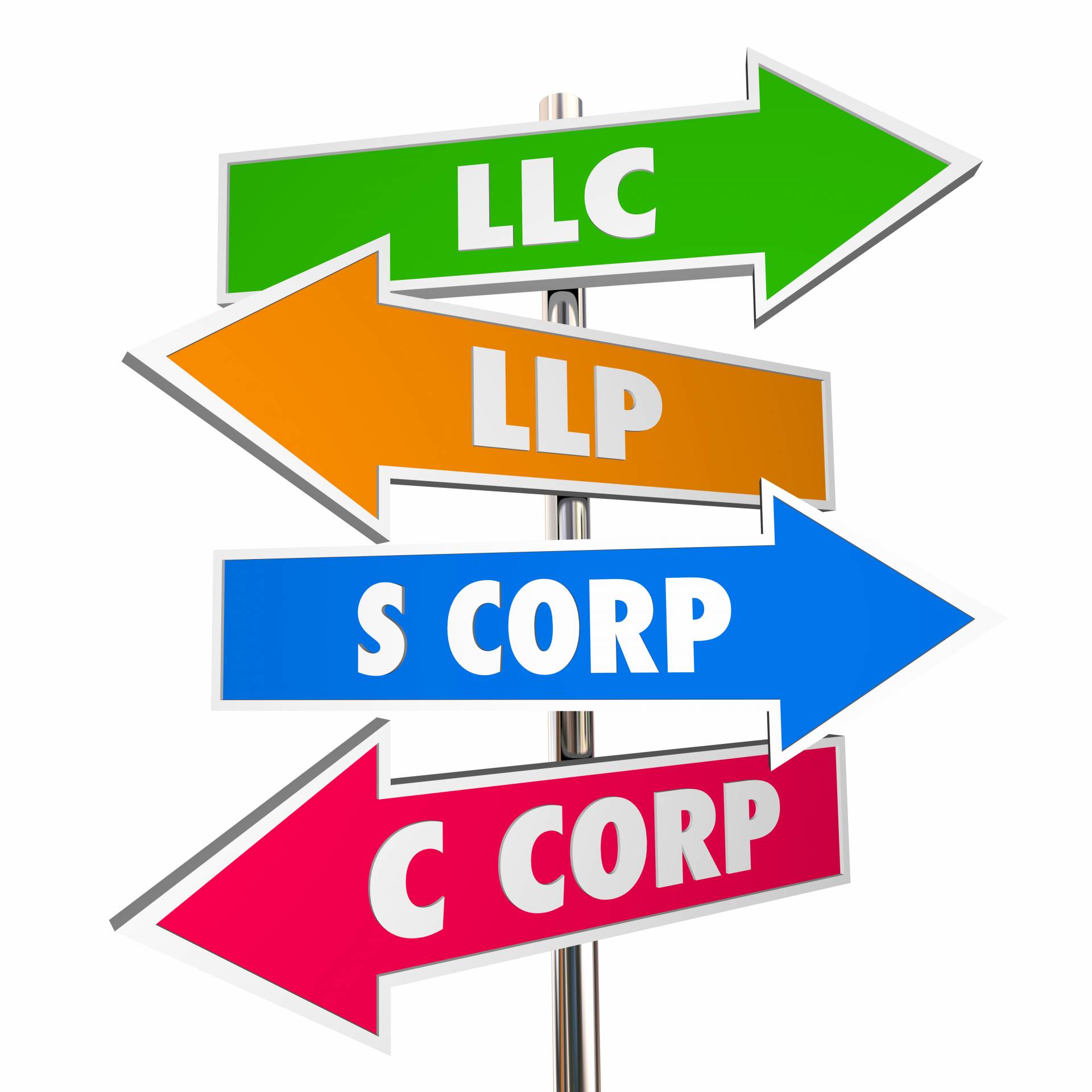Whether you’re just now starting your own company or you’ve been in the weeds for a while, it’s important to know what business structure is the best fit for you. There are several options with different pros and cons. Continue reading or skip to the infographic to learn more about the various frameworks. If you need immediate assistance then contact these llc formation services.
Proprietorships and Partnerships
A sole proprietorship is a common business structure. It is taxed like an individual since it is owned by one person, and it’s easy to create and regulate. However, a proprietor has unlimited personal liability, meaning they’re liable for everything. It can also be difficult to obtain long-term capital. Furthermore, it is challenging to transfer ownership from a sole proprietor. This means that it’s very likely the business will die with the proprietor.
General partnerships are very similar to proprietorships. The main difference is that they are owned by two or more partners instead of a sole proprietor. They are still simple to create and have the tax benefit of being taxed as an individual. General partners maintain control of the company. The cons are the same as those of the proprietorship: unlimited liability, difficult to obtain capital, and illiquid (or difficult to transfer ownership).
A limited partnership, LP, is a special form of partnership. The partners have limited liability, but no control over the firm’s operations. This type of business is popular for risky industries, such as oil drilling, mining, and real estate.
Corporations
A C-corporation typically referred to as just a corporation, is actually viewed as a person. They are chartered by the state and are, believe it or not, citizens of the state where they formed. Legally speaking, a person is someone who can sue and be sued, pay taxes separately, and contribute unlimited sums of money to a political campaign. A corporation also has all of these characteristics, technically making it a person. The pros of a c-corp include unlimited life, transferral of ownership (through stock), limited liability, and ease in generating large amounts of capital.
Like LPs and partnerships, an S-corporation is a special form of corporation. It’s essentially a loophole for small business corporations. They avoid paying the double taxes that corporations experience by passing their income through their owners for taxation. However, there can only be a hundred stockholders or less who are US citizens or resident aliens.
A limited liability company, or LLC, is another newer special corporation. Like S-corps, income is passed to owners for tax purposes. Their owners can include foreign entities and shareholders rather than solely American citizenry. The key point, however, is that they have limited liability.
More On LLCs
It’s foreseeable that limited liability companies will take the place of S-corporations and partnerships. This type of business structure is attractive because it contains a combination of benefits. These advantages include:
- Reduced liability
- Reduced complexity
- Pass-through taxation
- Officiality
- More owners
As with most things, there are some downsides associated with LLCs. Some disadvantages include difficult equity compensation, investor oversight, and the need for a new employee identification number (EIN) and respective bank accounts. An easier way to control your workers compensations is to consider implementing this return to work program.
Most startups and small businesses can reap the benefits by registering as a limited liability company. If you think the LLC business structure may be right for you and your business, learn more in the infographic below provided by Fundera. The visual also includes a flowchart that can help you decide whether you should form an LLC or consider other options.
Authored by:
 Meredith is Editor-in-Chief at Fundera. Specializing in financial advice for small business owners, Meredith is a current and past contributor to Yahoo!, Amex OPEN Forum, Fox Business, SCORE, AllBusiness and more.
Meredith is Editor-in-Chief at Fundera. Specializing in financial advice for small business owners, Meredith is a current and past contributor to Yahoo!, Amex OPEN Forum, Fox Business, SCORE, AllBusiness and more.
